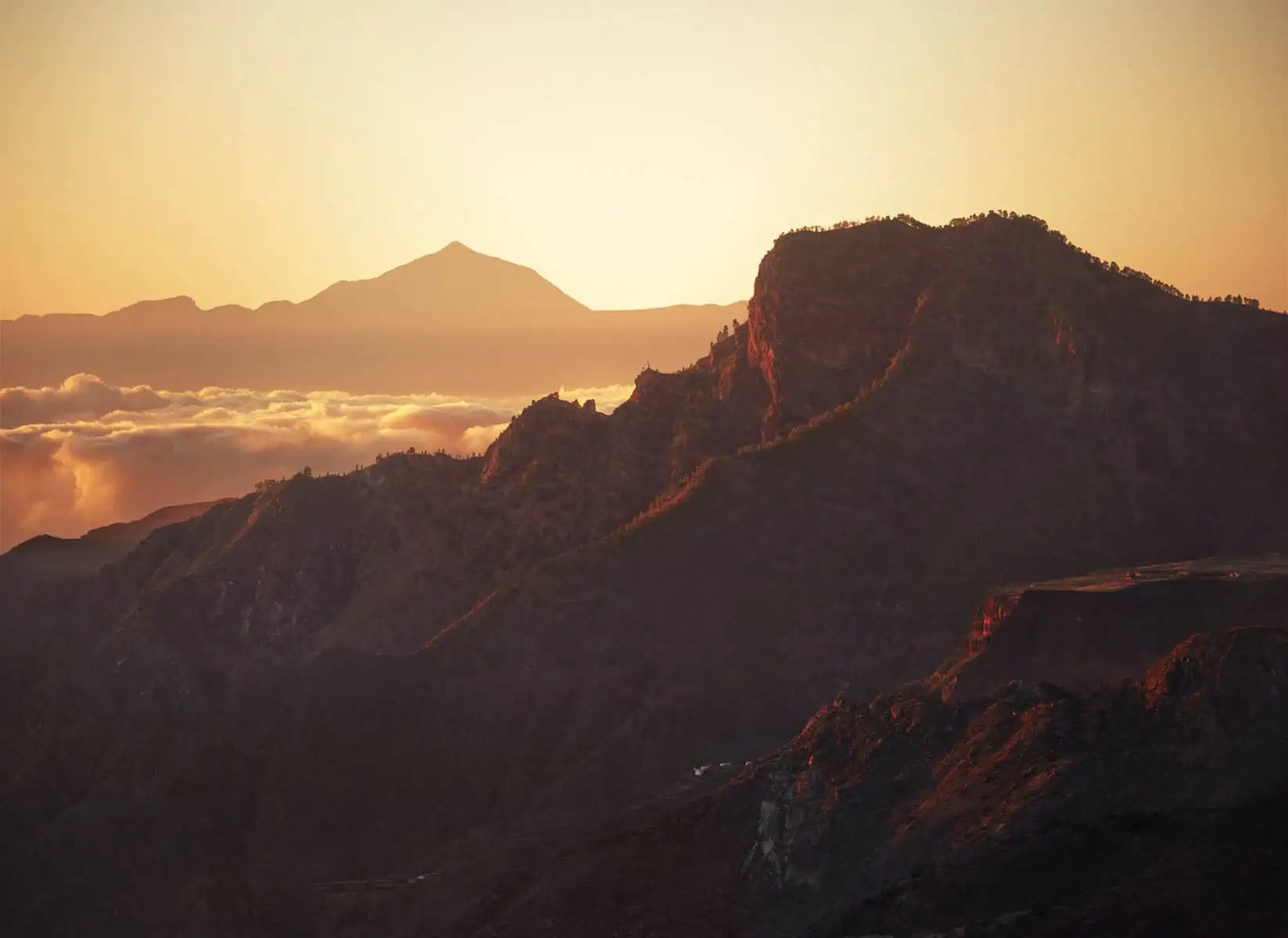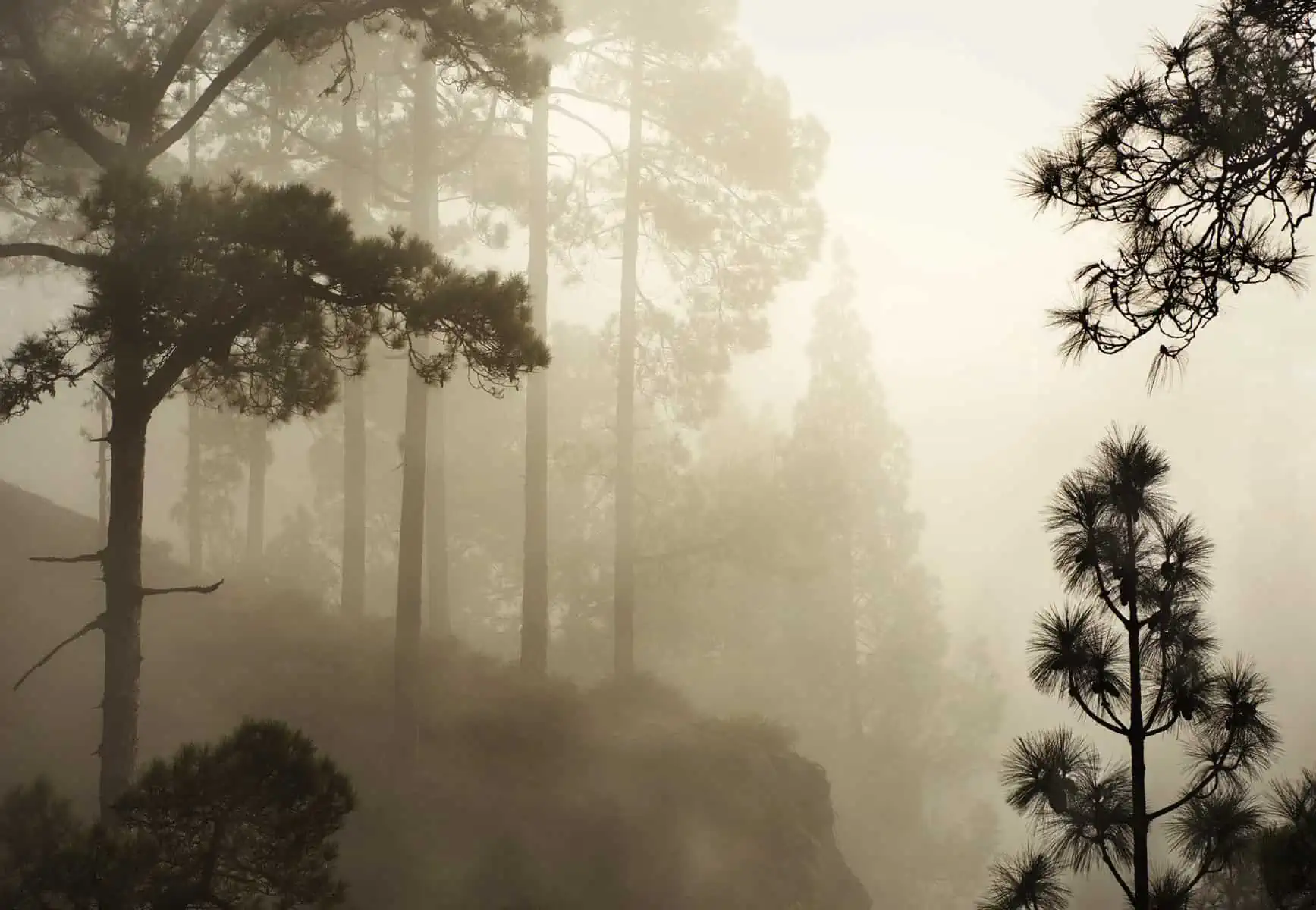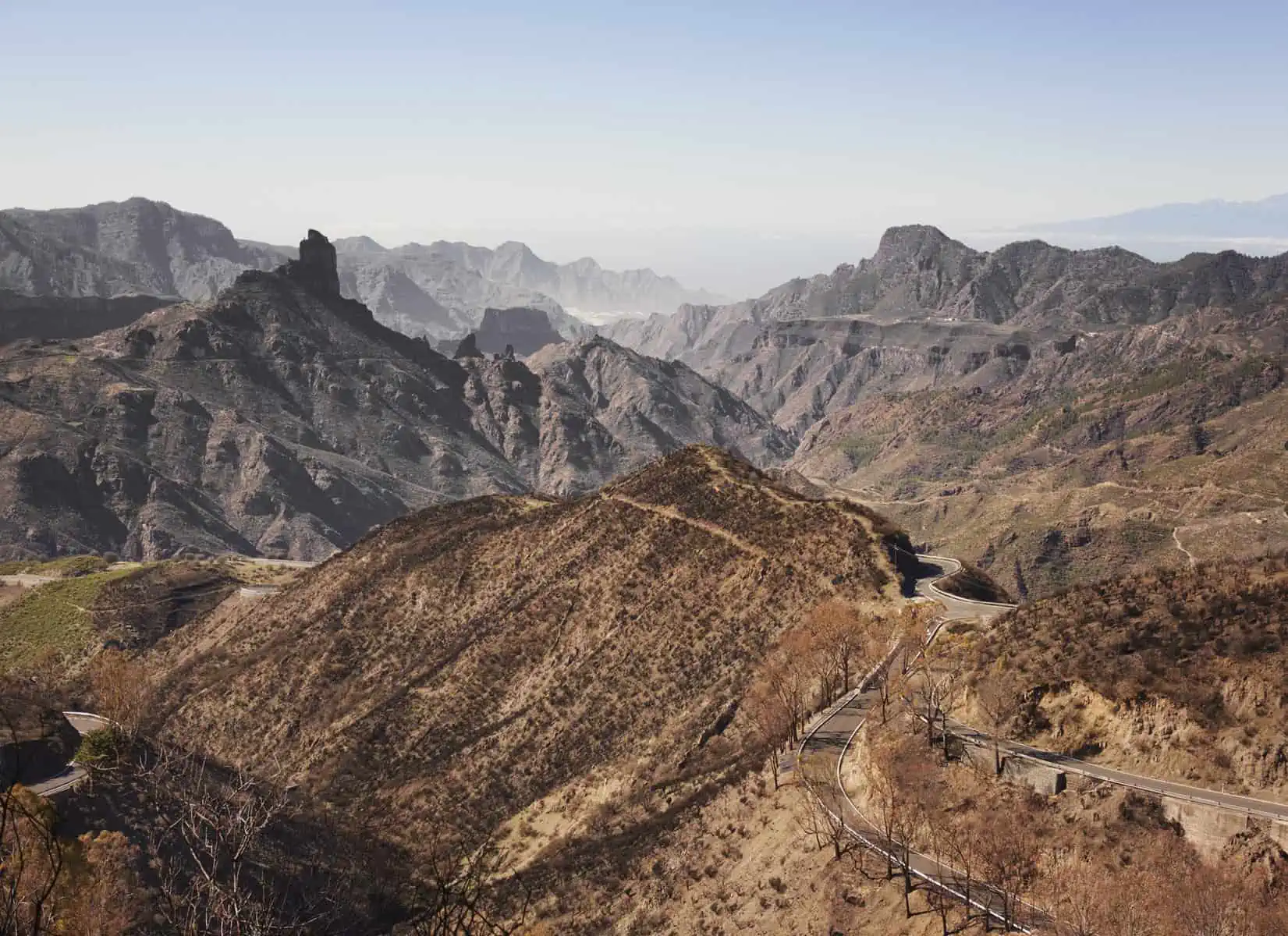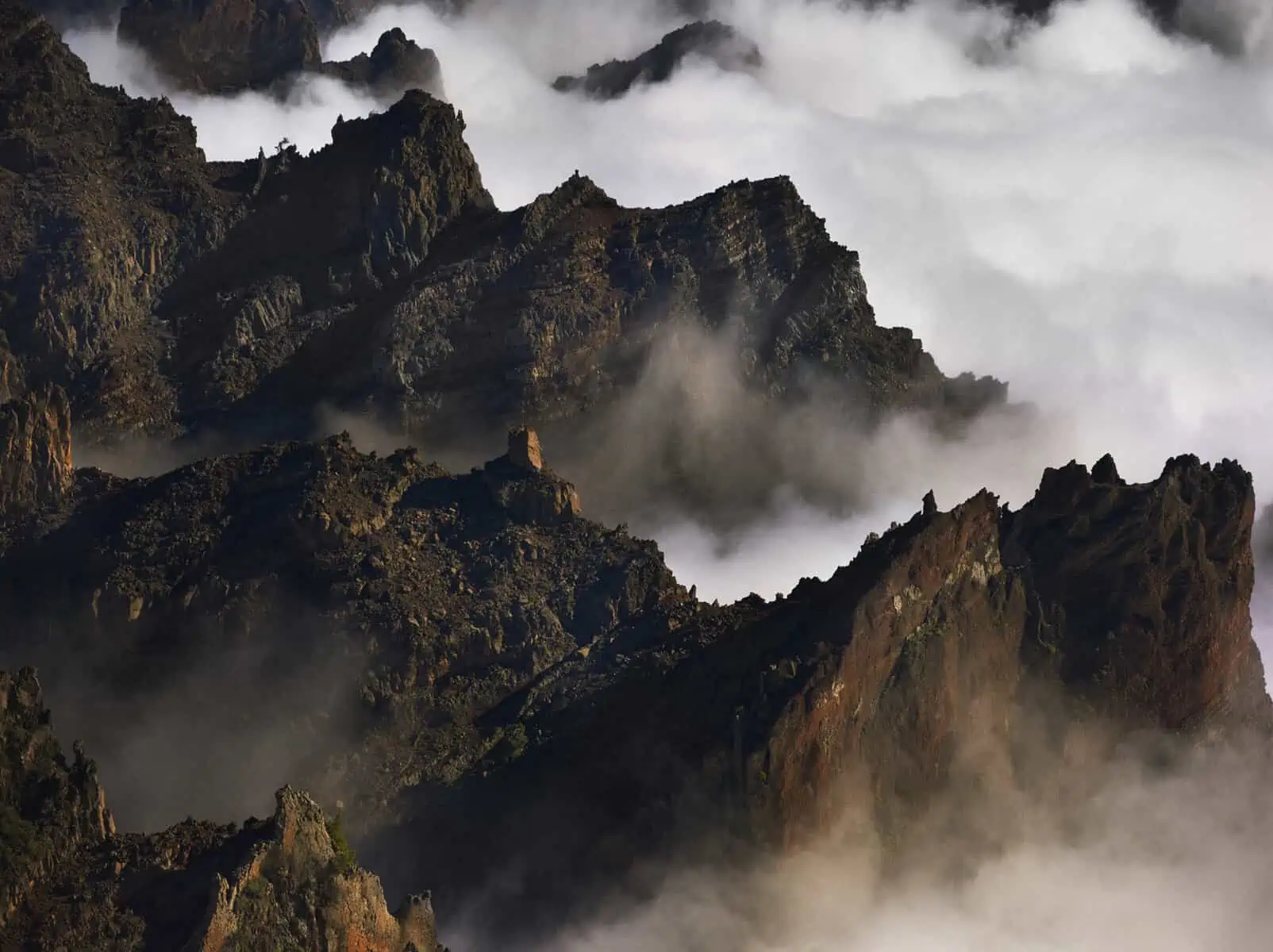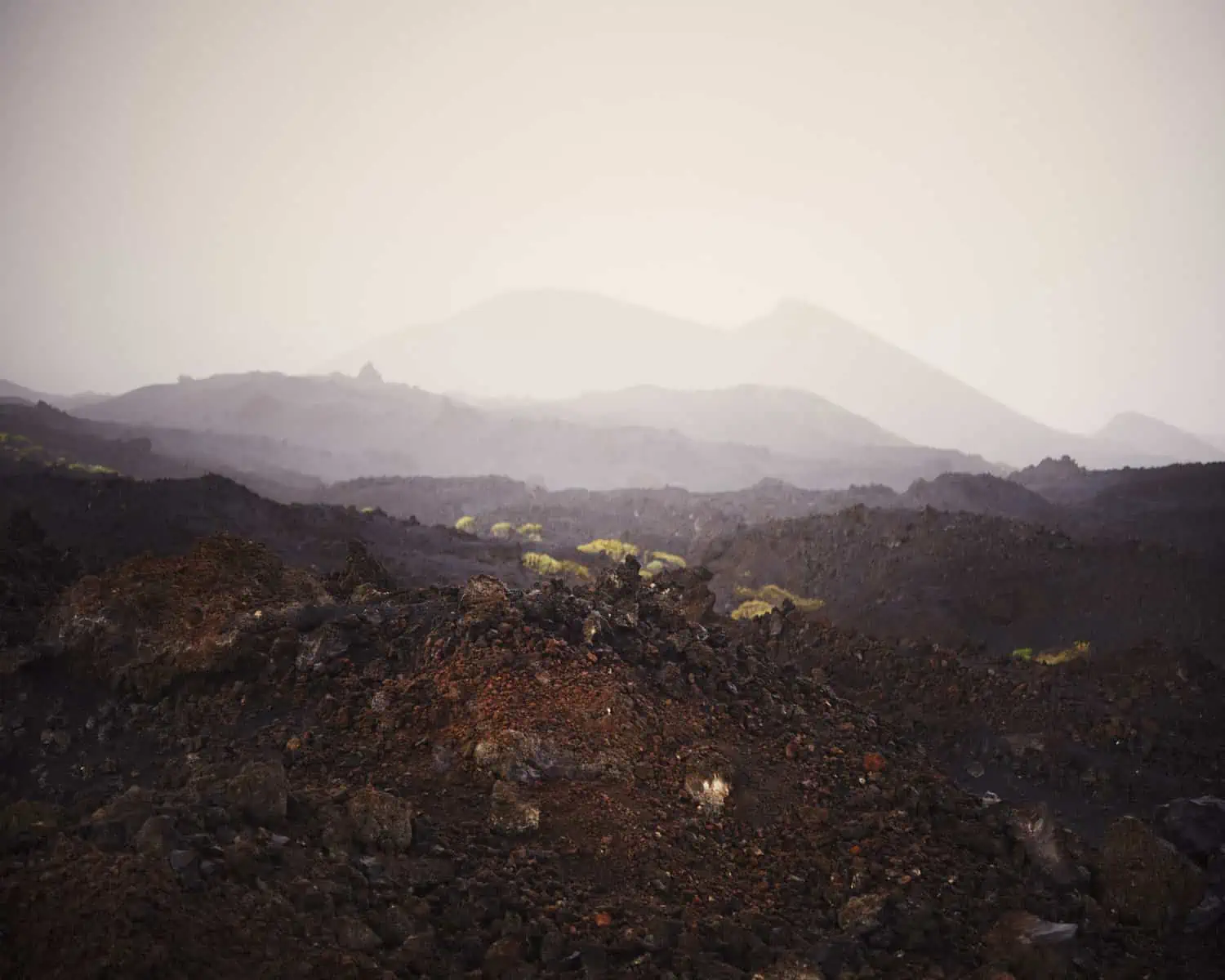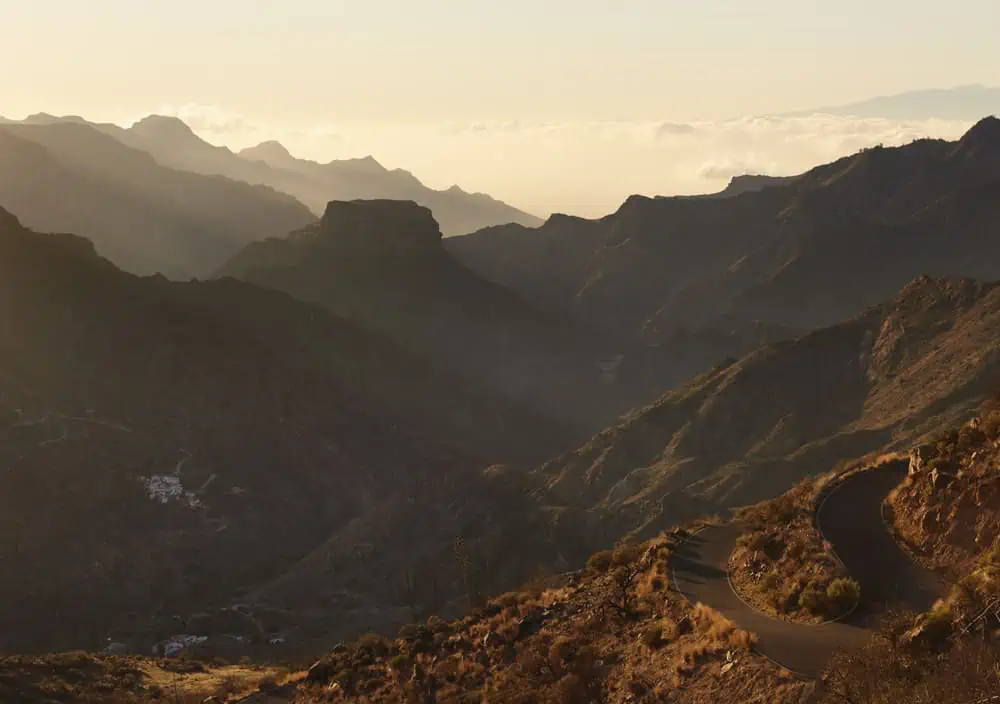I have never worked outside of the photographic industry and I have worked with professional photographers in various capacities for years.Beyond this, photography, before becoming a pro photography was my hobby since I was in my teens.Many of my friends are photographers – whether that’s professional or just keen amateurs.Through all of this, there is one sentiment I’ve heard time and time again: ‘I thought when I was shooting, the images looked great, but now that I look at it, I’m not too sure.’
Simply put, it seems that a lot of photographers – and I don’t just mean professional photographers – seem to have a problem with their own images.This seems to be particularly the case shortly after it is shot.I’m sure there are plenty of people who don’t experience this issue at all and may be wondering at this point what I’m talking about.However, I think there’s a wider issue here that probably effects photographers at any level. We often don’t talk about these kinds of insecurities, but by talking about them you start to realise that more people feel like this than you think.
This shoot from the Canary Islands where we focused on Gran Canaria and La Palma gave us both the exact feelings I’m talking about here. They didn’t feel like our usual images. The landscapes were quite hazy and we found them incredibly difficult to shoot.
I’ve certainly experienced this myself. Tracing things back, I remember when I used to shoot on film, I’d often finish a shoot with a good feeling – a sense that I’d really got something good – but then, once I processed the film or received it back from the lab, I’d be met with a wave of disappointment.It just didn’t look as good as I remembered it.
At first, I put it down to my memory playing tricks on me – maybe, being caught up in the moment of the shoot, I remembered what I was shooting as being better than what it actually was.For a very long time I didn’t shoot professionally and this attitude meant that whilst I did shoot a fair amount as an amateur photographer, I often found that after the shoot, I often disregard many of the images – maybe only working up a handful of final images from a full week’s trip, for instance.
The funny thing was when I revisited my old negatives and transparencies – say if I looked back at images from a trip from a year previous, I’d often find that there was a lot I liked and retrospectively I could often make substantial edits on older projects.
For a long time, I didn’t give much thought to this pattern – and in hindsight, it clearly was a pattern as I fell into with almost everything I shot.It did occur to me that perhaps the problem stemmed from the time gap between shooting and editing my images that comes from working with film.Digital, I thought, could offer a solution here.When I finally bought my first ‘serious’ digital camera (early in 2009 – I did hold out with film for a very long time), I was excited see if the ability to review and edit instantly would resolve this issue.It didn’t.
Regardless of what we did, we just couldn’t seem to get the same kind of contrast that we’d usually work with in our images. We left most of the images from this trip bar a few for a good six months. We just felt like we hadn’t really come back with much we liked.
To be honest, I didn’t give the matter much more though – I assumed it was just my own insecurities about my photography manifesting and decided not to worry too much about it.Besides, at the time, I wasn’t shooting professionally and was, at the time, building a career in post-production.As it turned out, this stage in my career would bring this issue back to the forefront. My post-production work brought me into contact with a lot of photographers and I started to spot a similar pattern.I’d very often hear photographers say things like this about their own shoots:
‘The client really likes it, but I’m not too sure about it,’
‘I don’t really like it.What can we do to improve how it looks?’
‘I doesn’t look like I wanted it to,’
‘I think I messed it up,’
There’s only so many times you can put statements like this down to genuine mess-ups or actually really disliking the job – especially when you then look through the photographer’s work and see a well-executed and creative shoot.It seemed this shoot insecurity wasn’t just limited to me and was a lot more widespread than I thought.
Beyond this, there was a slightly more insidious side to the problem.If a photographer doesn’t like their own images, they will take longer to make an initial selection.When it comes to post-production they are likely to want to go through more rounds of revisions before approving them for release to the client.From a post-production point of view, this meant that often projects were over-worked simply because the photographer ‘wasn’t quite happy’ yet.In turn, this meant that deadlines were sometimes missed.The insecurity was actively having a negative impact on the work!It’s all the more frustrating when you see otherwise straightforward jobs essentially being sabotaged by this process.
Of course, I’m lifting my examples here from my commercial work, but I could easily spot the same patterns in images I produced just for fun.The point is, this isn’t just a problem with professional work!
There seemed to be these big inconsistencies between some of our daytime desert shots and the more moody, hazy, sunset shots. We were finding it really tough to pull together a ‘set’ of images.
A problem like this needs to be understood. I started to try to quantify what was going on and eventually came up with the following explanation:
1.Whilst shooting, you get caught up in the excitement of it all.It doesn’t matter if what you are shooting is ‘good’ or ‘bad’, the excitement of the shoot carries you along and buoys your enthusiasm.
2.After the shoot, the initial excitement dies down and ‘in the cold light of day’ you assess your images more objectively and without the buzz of excitement you had on the shoot.Once again, it doesn’t matter if the images are ‘good’ or ‘bad’, this process is bound to make you feel worse about the images.A type of ‘performance anxiety’ – especially if you are working commercially for a big client – can also kick in here.If you are feeling down-beat about the images you might then start to think that your client or viewers won’t think your work is good enough – compounding the issue.
3.If you leave the images for some time – maybe a long time – you become slightly detached from the events of the shoot.Perhaps you forget how excited you were about the images in the first instance when you were behind the camera and this no longer leaves you wondering why the images aren’t exciting you now.This time allows you to approach the images with a truer objectivity.
From this there seems to be a fairly simple solution: Shoot your images and then don’t look at them for a while.If you leave some time before you make your edit, then you are less likely to feel negative or dismissive of the images.This may well work out if you are just shooting for yourself, but as soon as you are working professionally or have any kind of audience who might be expecting to see your images, this becomes problematic.Your work now has a deadline and deadlines often mean your edits can’t wait.
So, how do we get around this?
The first step is to see how badly this issue effects your work – or if it even effects it at all.Ask yourself if you often find yourself disliking your recent work?Ask yourself if you often find it difficult to make edits on your images because you feel that none of them are good enough?If they answer is ‘sometimes’ or ‘yes’, then read on.If it’s a no, then consider yourself lucky – but read on too, as your experience can certainly help others.
Next, once you’ve established if this problem affects you, you need to be aware of what’s going on.Being aware of the problem isn’t going to fix it on its own, but it is none the less a helpful tool – it lets you add context to your experience, and this can be very helpful in its own right.
Some of the shots from La Palma were actually only some of the ones we were happy with, and we came to conclusion that this was maybe just a trip where we’d just got a number of really strong images. However, on revisiting the images, we started to see some really beautiful images popping up that we hadn’t given a second look too. Sometimes, having another purpose to edit for can really help in this regard.
Sooner or later, though, you’re going to have to look at your images – especially if you have a deadline that needs urgent attention.If you still find yourself hating what you have shot, here are three strategies that I’ve found really help:
The first is to ask yourself what is wrong with the image.‘I just don’t like it,’ doesn’t cut it here!Really quiz yourself deeply: if you think you don’t like the composition, ask yourself what it is about the composition that you don’t like. In many cases you can reason your way out of disliking an image.However, sometimes you can take more direct steps to address this point: It might help here to do some small corrections to the images to help your selection.For example, I often dislike the way digital cameras render the green in foliage.I find it can look more like cartoon toxic waste than something that is natural.This can be really off-putting as all I see when editing is the green and I can’t get past it.My solution here is to correct the green – either with a small colour adjustment to bring it closer to what I like or simply by desaturating the whole image slightly.Something like this can quickly be applied to large batch of images in your raw editor and removes one of the big factors contributing towards me disliking the images.Afterwards, I often find it easier to focus on composition and shapes within the frame.
The second strategy is to try to detach yourself from your emotional response to the images.This can be tricky at first, but if you agree with my three-step breakdown of the problem above, then you have a good idea about why you’re feeling downbeat about your work.With some practice, it’s possible to use this as a tool to disarm your negative feelings about your work.It can help to try to put yourself into the position of a third person: try to not think about what you want from the images, but about what your client might want from the images.It can be tricky to get into this mindset, but it is worth persevering.If you can learn to switch your subjectivity – so you are effectively editing through someone else’s eyes – then you have a powerful tool at your disposal.
The third and final strategy is to delegate the task if you know your attitude will put you off performing it as best you can.I would say there is a lot to be said for getting other people involved in your workflow – whether that’s editing or post-production – fresh eyes will often bring a fresh perspective.In this regard, I’m lucky because I work collaboratively with my wife.It is quite common for us to ask for a second opinion (or a first opinion!) on image edits and post production and this is, I believe, one of the greatest benefits of working collaboratively as we do.However, I’m well aware that many photographers do work on their own and it is a notoriously solitary profession.It’s just the same for hobby photographers – you may not think you know anyone who ‘gets’ photography or that you can talk to about work. But even if that’s you, you may be surprised who you can ask for an unbiased opinion – an assistant, a stylist, a friend, someone you share your office with.Of maybe an online group? This strategy may not be appropriate for everyone, but if you can make it work, it is certainly the best.
I remember I had a real problem with these images when we first shot them as I just couldn’t get the kind of contrast that I wanted out of the images. A beautiful scene none the less, but I just kept getting stuck here with this idea.
For myself, I’ve come to use a combination of these three techniques and can safely say that I have found a way to deal with this that works and gets me away from these feelings which can often lead you to really resenting what you’re creating.
As I mentioned above, putting time between the shoot and the edit is a helpful thing.Many of our projects have quite long lifespans: we are still posting new images to Instagram from trips we made well over a year ago.In these cases, they are not images that have been sat waiting to be posted for a year, but rather images that we have selected following a revisit to the original shoot.Both Fay and I have noticed that time can really bring a fresh appreciation to your editing process: there are certain shots that I love now and would say are amongst our strongest images that I was quite disinterested in when they were originally shot.
This iterative process of revisiting and reediting shoots works well for us, and I would encourage anyone with a back-catalogue of images to experiment with this.
It does your motivation no favours when you think badly of your own work after a shoot, but once you realise that there’s perhaps a good reason for this and can identify methods to work through this, you can develop a new enjoyment for editing your work and perhaps revisiting past projects too.
What I also found was to go back and re-edit some of the images we’d edited earlier on, bringing them up to date with my new ideas and fresher vision for them, which really helped.

